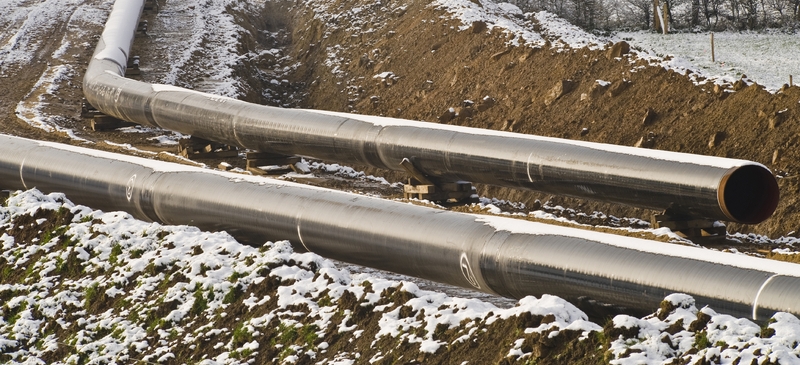
Review: Pipelines, politics, and power: The future of EU-Russia energy relations
As energy prices rose dramatically during the early years of this decade, Europeans began to realize the degree to which their dependence on Russia for energy supplies complicated an already difficult relationship. Russia's abrupt application of market prices to gas exports to Ukraine in 2006 (which led Ukraine, in turn, to siphon off gas destined for western Europe) and the Russian-Georgian war in 2008 (which threatened another key energy corridor) underscored the degree to which rising energy needs and costs created not just financial issues for Europe but also a major geopolitical challenge.
This well-informed collection of essays - mostly by officials involved in EU-Russian energy relations over the past decade - explores that complex relationship and demonstrates the great diversity in perspectives on the subject. Daniel Gros, an economist based in Brussels, points out the costs to the EU of relying on a state-dominated Russian gas monopoly (Gazprom) and argues that diversifying the EU's supplies not only would give Europe more political freedom but would save money as well. In turn, Konstantin Kosachev, chair of the International Affairs Committee of the Russian State Duma, complains about European double standards, reminds Europeans they have few good alternatives to Russian energy supplies, and calls on the EU to stop treating Russia as a threat. What nearly all the contributors point out is that the EU has been better at talking about energy solidarity than at achieving it (bilateral gas contracts and pipeline deals are the norm) and that interdependence with Russia has so far led to more friction than agreement.
